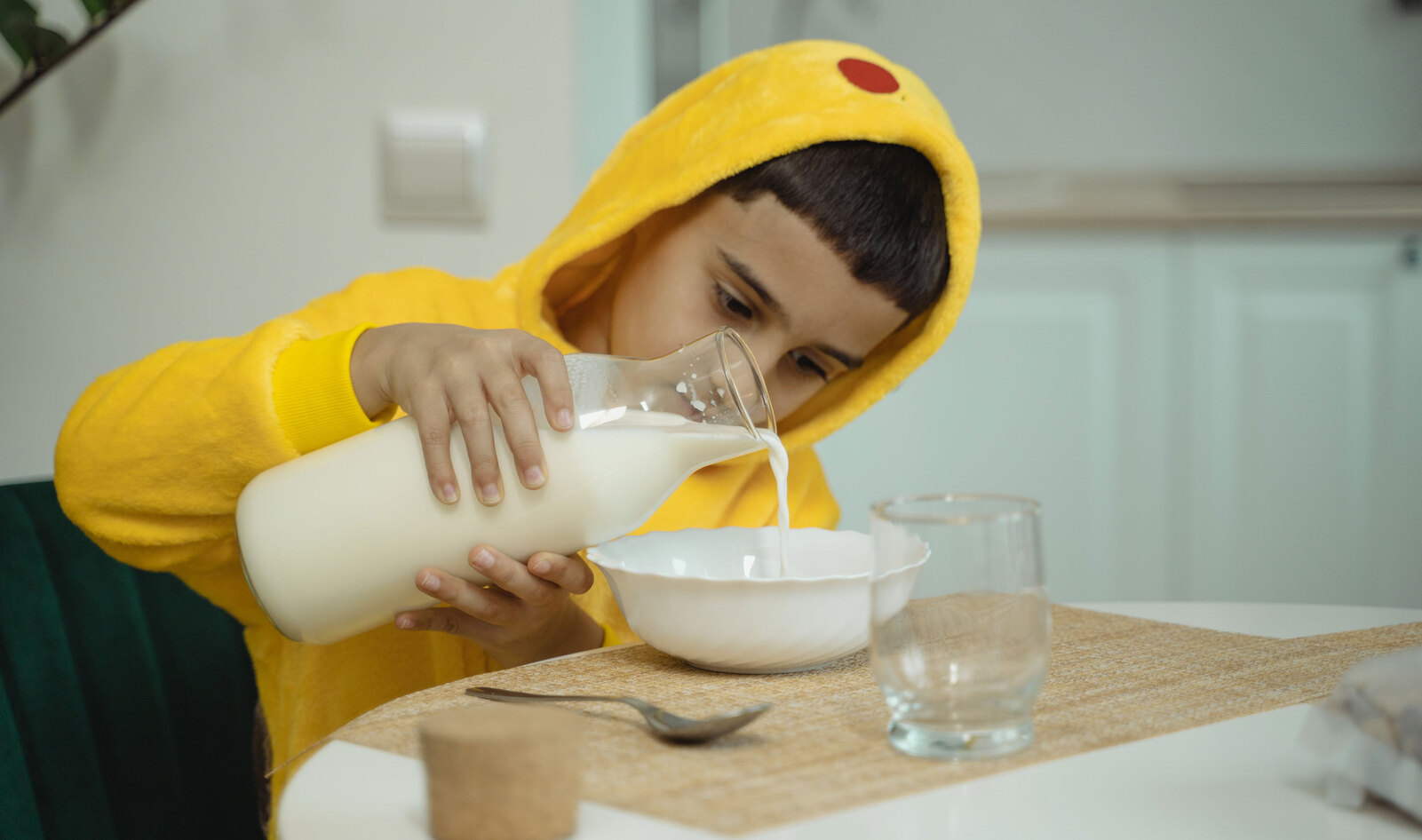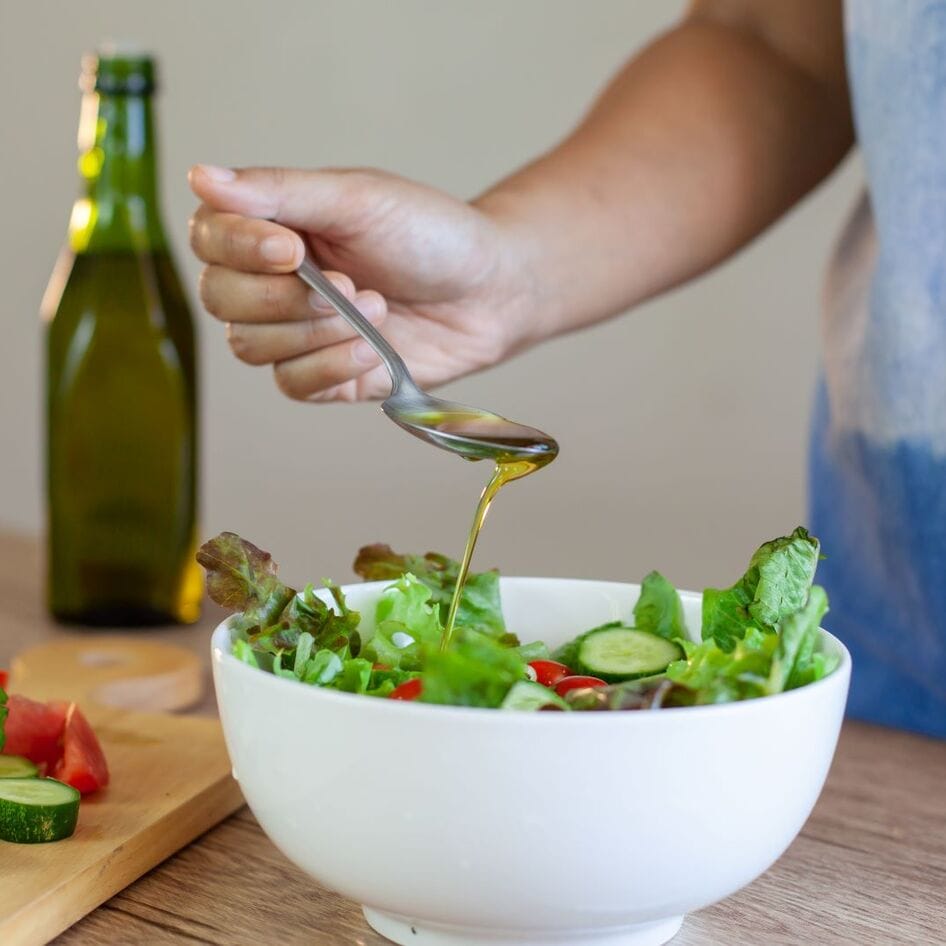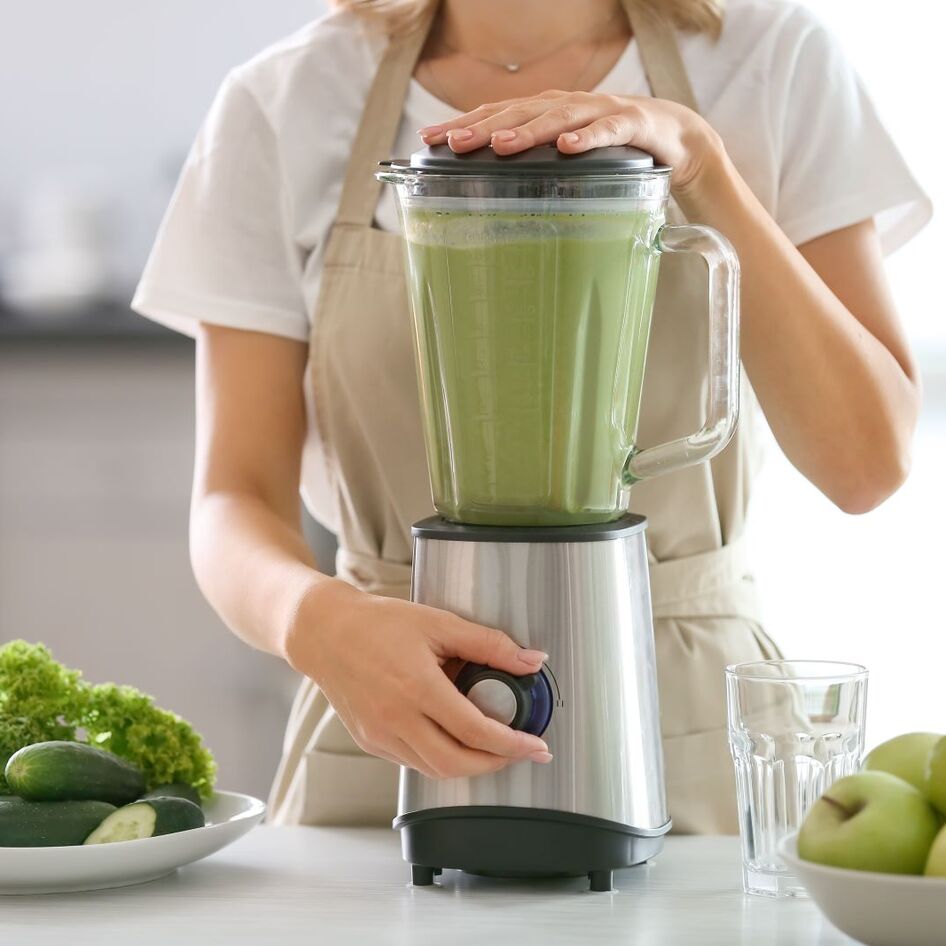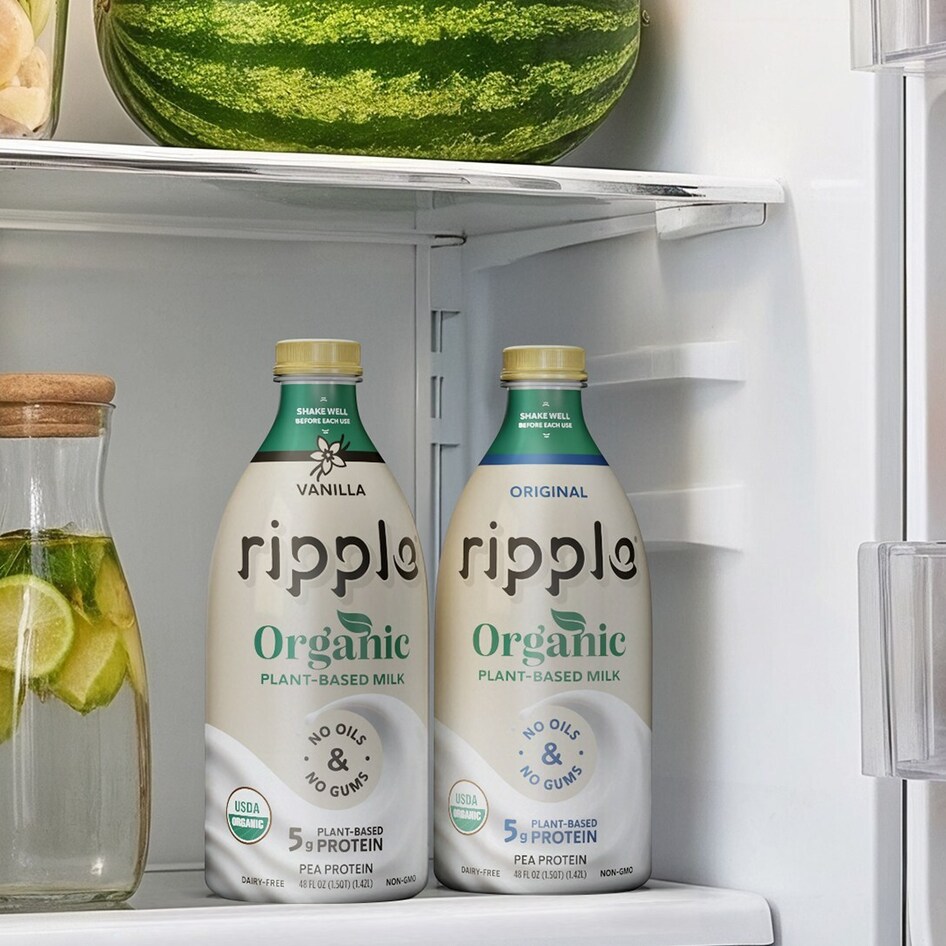At this year’s American Academy of Pediatrics (AAP) National Conference & Exhibition, a critical issue was brought to light concerning the sources from which parents are obtaining information about milk alternatives for their young children.
The research, “Milk Mania: Analyzing Online Information and Perception regarding Milk Alternatives for Toddlers,” conducted at the Walter E. Washington Convention Center, revealed a concerning trend: nearly half of the most popular bloggers providing advice on this topic are not qualified dieticians or medical professionals.
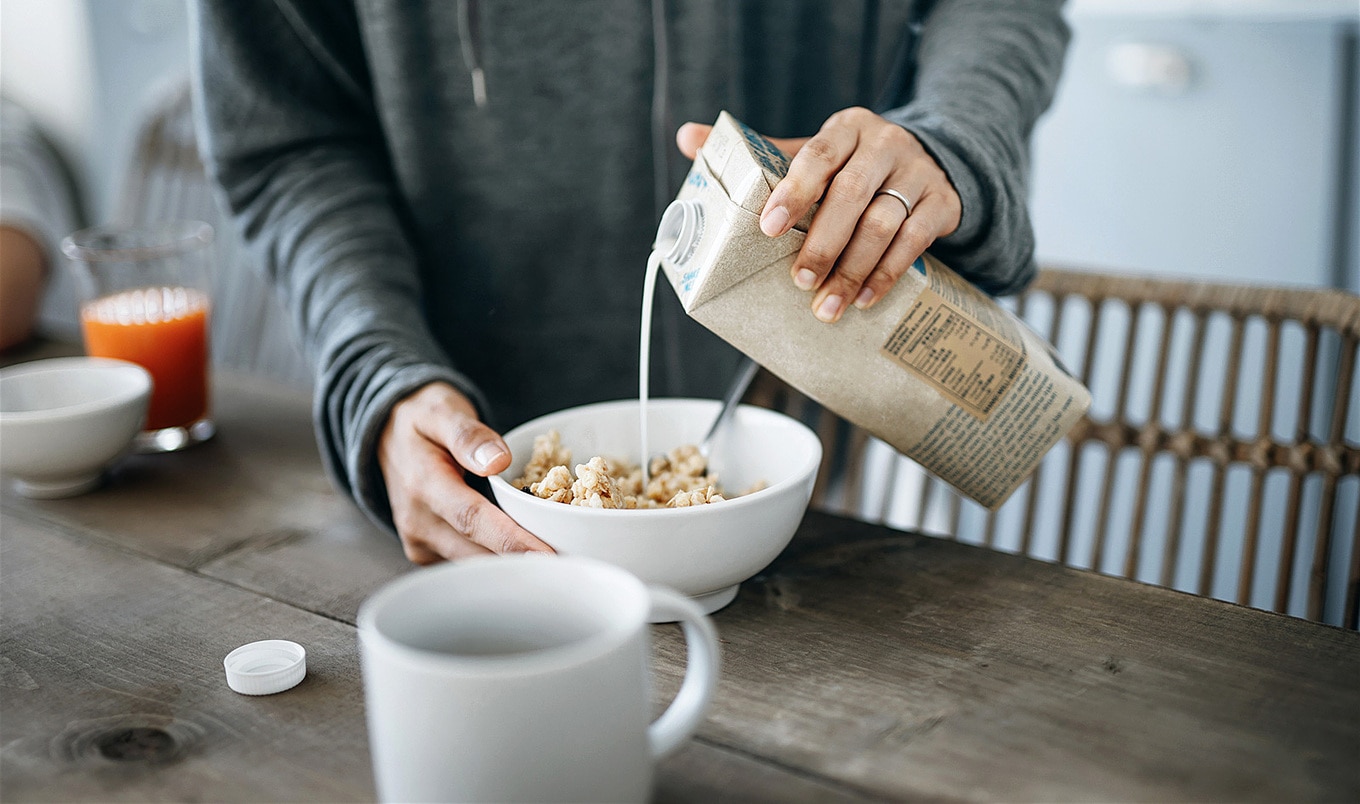 Getty
Getty
The study meticulously analyzed 145 popular blogs targeting parents of children under five, seeking alternatives to dairy milk. Findings showed that while a significant number of parents are scouring the internet for guidance on vegan milk, 47 percent of the most influential voices in this online sphere are laypersons lacking formal medical training.
Amongst the remaining bloggers, 32 percent were identified as nutritionists or dieticians, 12 percent as physicians or nurses, 5 percent as holistic providers, and only 4 percent as PhDs and scientists.
“The large number of online blogs discussing dairy milk alternatives for toddlers suggests that this is an issue of great interest to caregivers, who may turn to blogs that provide unsupported information and nutritional recommendations about milk substitutes,” lead author Kara Sangiuolo, a medical student at Albert Einstein College of Medicine, said in a statement.
Filling the vegan milk information gap
Sangiuolo sees a significant opportunity for pediatricians and pediatric nutritionists to fill this information void by entering the online space, thereby providing more accurate and consistent information to support caregivers contemplating the transition from dairy milk for their toddlers.
In the plethora of blogs reviewed, a notable preference emerged towards recommending soy milk (37 percent) and pea milk (17 percent) as leading milk alternatives. The most commonly referenced substitutes were soy milk (84 percent), almond milk (79 percent), and rice milk (65 percent).
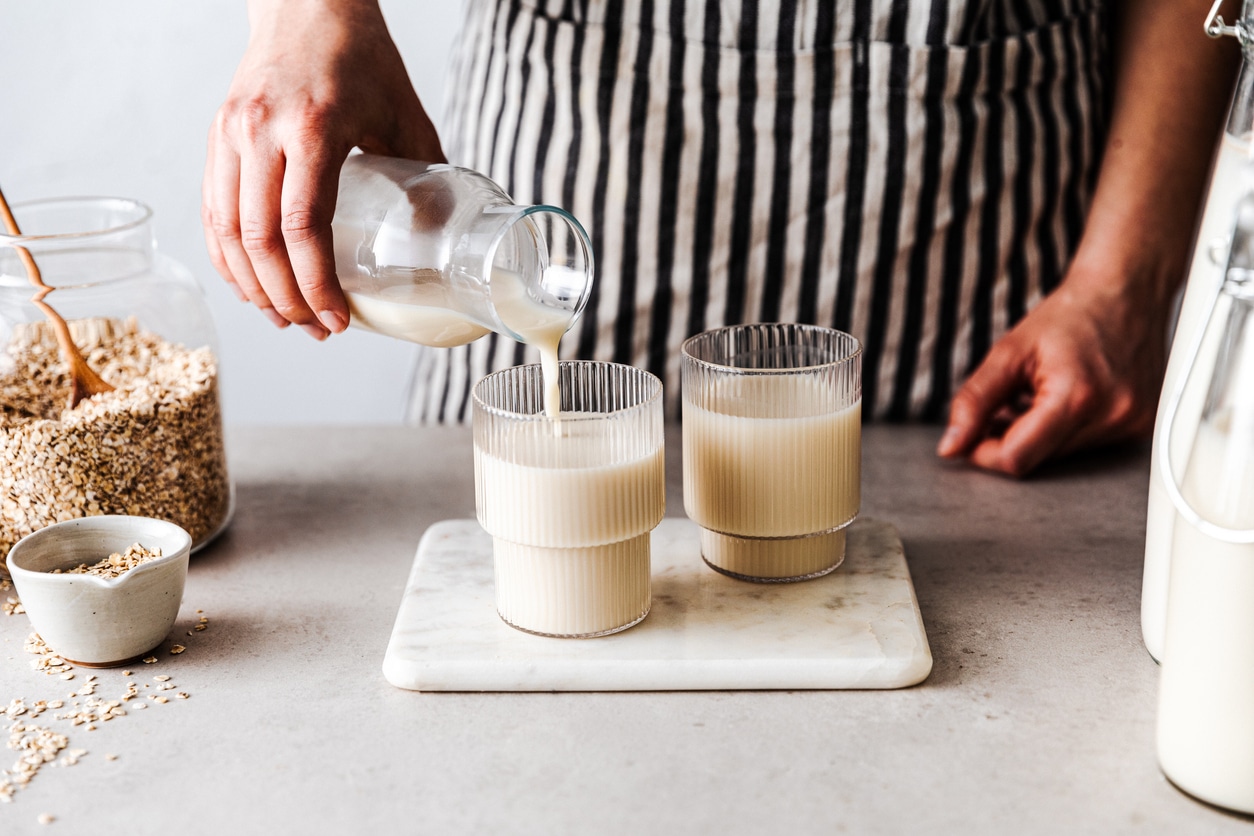 Getty
Getty
A concerning aspect, according to the researchers, was that 14 blogs advocated for homemade milk for toddlers, with two suggesting homemade milk as the best alternative.
Sangiuolo expressed worry over such unsupported recommendations like unfortified homemade milk for growing toddlers, emphasizing the lack of consistent information across blogs and the fact that only half discussed the nutrient compositions of dairy milk alternatives.
“This reveals the need for greater dissemination of accurate nutritional recommendations regarding dairy milk alternatives from pediatricians and nutritionists,” she said. “This information can be delivered online to reach caregivers and better promote the healthy development and nutrition of toddlers in early childhood.”
The best milk for children? An expert weighs in
So what are the myths and realities surrounding dairy milk and vegan milk alternatives? Stephanie McBurnett, RDN, Nutrition Educator for the Physicians Committee for Responsible Medicine (PCRM), provided us with a few insights.
 Adobe
Adobe
One major myth that parents grapple with is whether or not dairy milk is essential for childhood development. “’Dairy’ milk itself is not essential, but it is a drink that provides convenient essential nutrients to children, such as calcium, vitamin D, protein, and calories,” McBurnett tells VegNews. “Non-dairy milk also provides those nutrients, so it is not the dairy factor that is essential.”
McBurnett explains that parents looking to replace dairy milk with non-dairy alternatives in their children’s diets can do so safely.
“Most non-dairy milks are fortified with the same nutrients as dairy milk and can be readily swapped,” she says. “With the caveat that if your child is underweight, you will want to pick a non-dairy milk with higher calories and protein content, as they can vary greatly.”
In the research presented at AAP’s conference, concerns about arsenic levels in rice milk and other rice-based dairy alternatives were identified by 23 percent of blogs. McBurnett affirms that parents should be cautious about these products.
“Yes, rice milk arsenic levels exceed drinking water standards, which is why the North American Society for Pediatric Nutrition recommends avoiding rice milk for infants and young children,” McBurnett says.
Instead, McBurnett advises opting for other types of vegan milk, such as oat, soy, and pea, which are higher in calories and protein than rice milk.
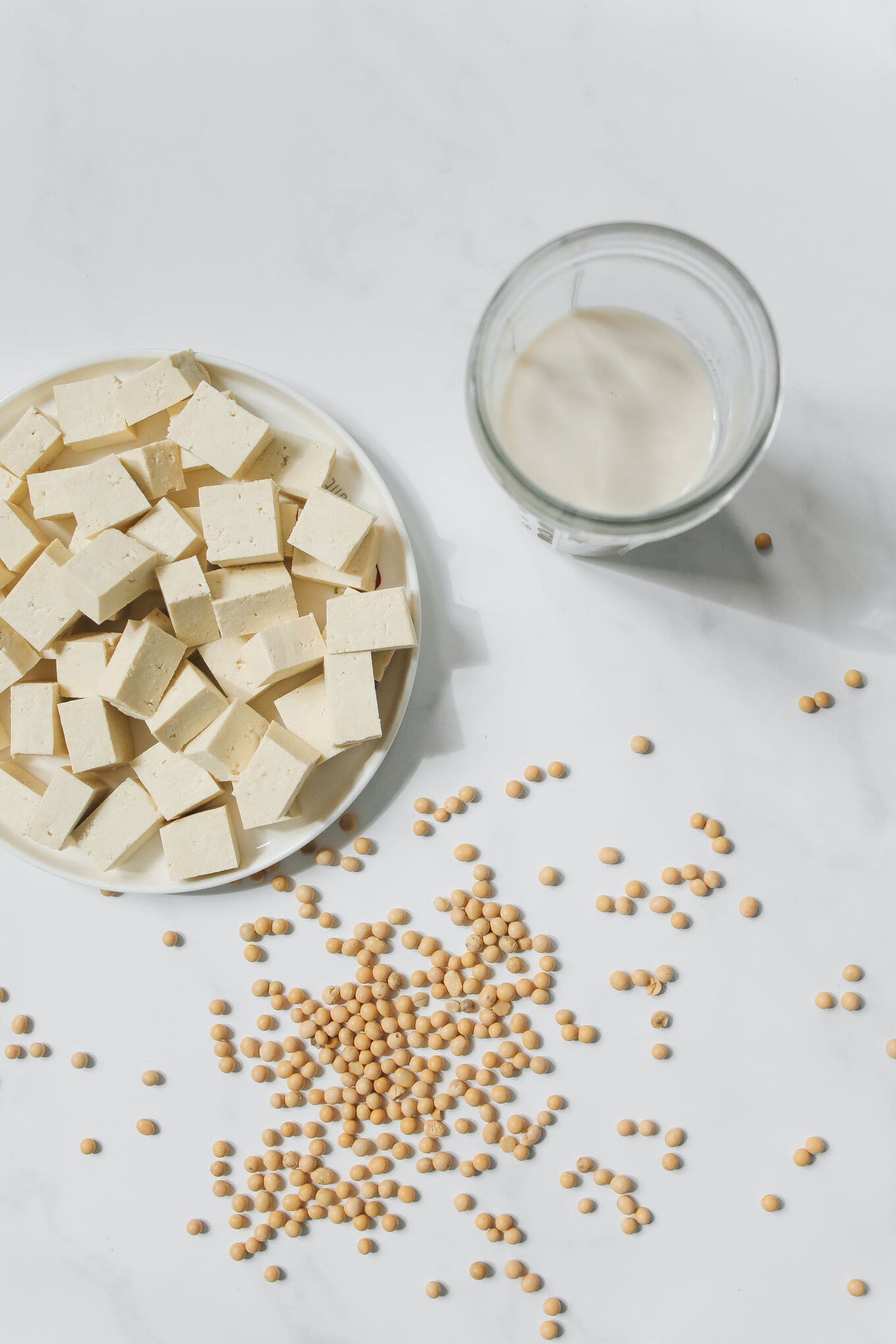 Polina Tankilevitch/Pexels
Polina Tankilevitch/Pexels
The research also noted that 29 percent of blogs raised concerns regarding phytoestrogens in soy milk and other soy-based dairy alternatives.
“Phytoestrogens in soy products have a bad reputation, but the current evidence shows soy is beneficial for children and adults,” McBurnett says.
She also highlights that current research shows that soy consumption, for both men and women, does not impact hormone levels or reproductive health. She also notes that researchers found no relationship between soy consumption and younger age of puberty.
“Studies have found that soy food intake in childhood protects against breast cancer later in adulthood,” McBurnett explains. In contrast, high dairy consumption by children is associated with a higher risk of certain cancers in adulthood.
McBurnett emphasizes the importance of ensuring that non-dairy milk is fortified with calcium and vitamin D, advising parents to check labels for vitamin D content. She also recommended choosing non-dairy milk with higher calorie and protein amounts, such as oat, pea, or soy milk, to aid in healthy growth and development.
McBurnett also cautioned against misconceptions promoted by popular bloggers about dairy milk alternatives. “It is not wrong that parents are searching for more information online to advocate for themselves or their children, but individuals need to be cautious about information they find online,” she says.
“Look for credentialed healthcare providers and continue to see a pediatrician annually for routine blood work and growth measurements,” she says.
For the latest vegan news, read:
JUMP TO ... Latest News | Recipes | Guides | Health | Subscribe

